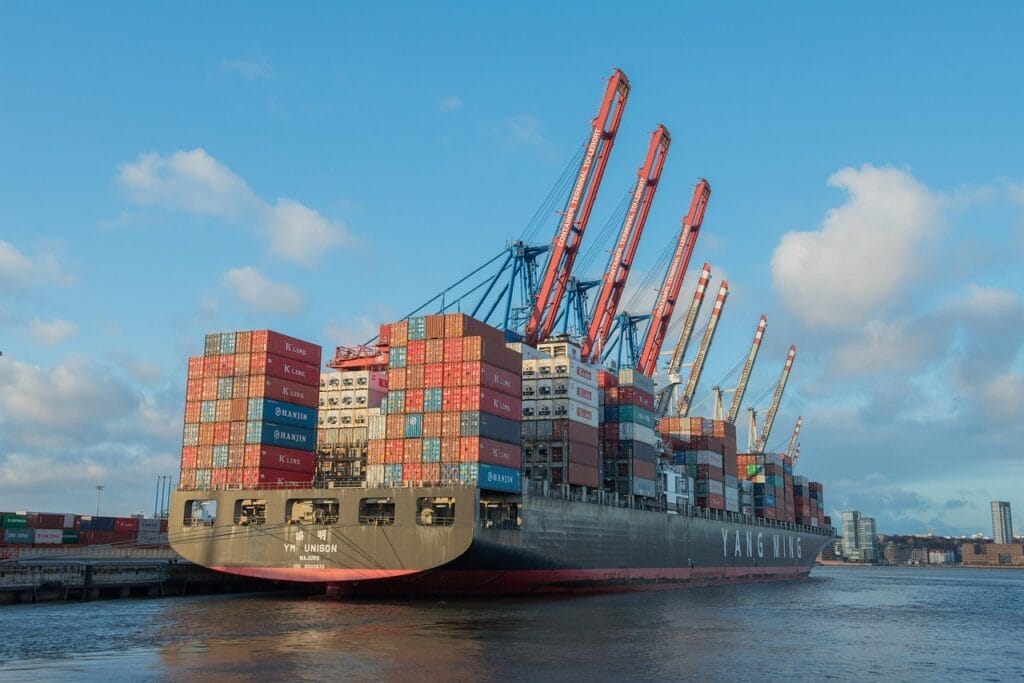Chinese Shipping Hit With Section 301 Sanctions

On April 17, 2025 the United States Trade Representative (“USTR”) announced sanctions against the Chinese shipping and maritime industry, including logistics and shipbuilding. These actions come at the end of a year-long investigation initiated by the Biden Administration. Here’s what we know, based on the press release.
THE INVESTIGATION
In the announcement, the USTR summarized its findings:
U.S. Trade Representative determined that China’s targeting of the maritime, logistics, and shipbuilding sectors for dominance is unreasonable and burdens or restricts U.S. commerce and is therefore actionable under Sections 301(b) and 304(a) of the Trade Act.
Specifically, USTR found China’s targeting for dominance unreasonable because it displaces foreign firms, deprives market-oriented businesses and their workers of commercial opportunities, and lessens competition and creates dependencies on China, increasing risk and reducing supply chain resilience. China’s targeting for dominance is also unreasonable because of Beijing’s extraordinary control over its economic actors and these sectors.
USTR found that China’s targeting for dominance burdens or restricts U.S. commerce by undercutting business opportunities for and investments in the U.S. maritime, logistics, and shipbuilding sectors; restricting competition and choice; creating economic security risks from dependence and vulnerabilities in sectors critical to the functioning of the U.S. economy; and undermining supply chain resilience.
POLICY CHANGES
The announced policy changes are as follows:
Phase 0 (First 180 Days):
- No change from the status quo, and all fees will be set to $0.
Phase 1 (180 Days- 3 Years):
- Fees on vessel owners and operators of China based on net tonnage per U.S. voyage, increasing incrementally over the following years;
- Fees on operators of Chinese-built ships based on net tonnage or containers, increasing incrementally over the following years; and
- fees on foreign-built car carrier vessels based on their capacity.
Phase 2 (3 Years- Indefinitely)
- limited restrictions on transporting liquified natural gas via foreign vessels. These restrictions will increase incrementally over 22 years.
CONCLUSION
Based on this announcement, it can be seen that there will soon be additional fees on vessels made in China, Chinese owned or operated vessels, and all foreign car carrier vessels. In three years, there will be additional fees on LNG carrying vessels. Currently, there is no other guidance as to when the initial 180 countdown will begin until Phase 1. Additionally, there is no other information as to the rates of the fees. We will continue to monitor for updates.
As new regulations continue to evolve, navigating these changes requires experienced legal counsel. At Liang + Mooney, PLLC, our seasoned trade lawyers can answer your questions and concerns with sophisticated legal solutions. If you seek strategic counsel and insight into which tariffs apply to your operations, we invite you to contact us to schedule a consultation.